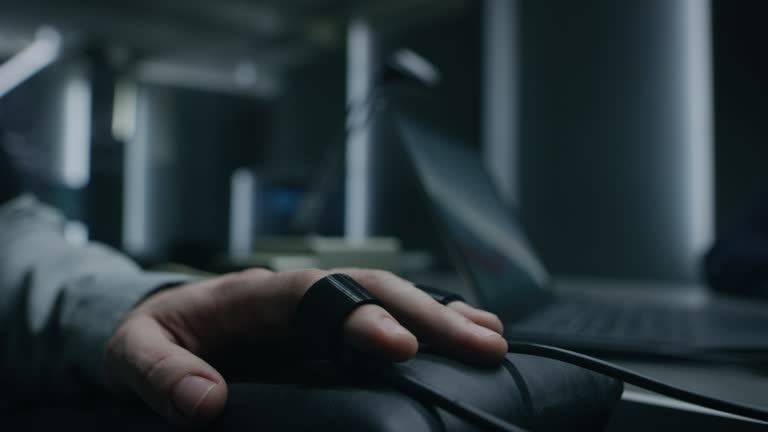A Lie detector test is designed to measure physical reactions in the body that may indicate deception. It tracks changes in heart rate, breathing patterns, and skin conductivity while a person answers questions. Supporters believe it can reveal the truth in sensitive situations, but many people wonder if the science truly supports these claims.
The polygraph, as it is formally known, works on the idea that lying causes stress, and that stress produces measurable changes in the body. During a truth verification session, an examiner asks both neutral and relevant questions. By comparing responses, the examiner looks for patterns that may suggest dishonesty.
Scientific studies show that polygraphs can be accurate when administered by a skilled professional in a controlled environment. Reported accuracy rates often range between 85% and 95%. However, these numbers can vary. Some truthful people may appear deceptive due to anxiety, while some liars may remain calm enough to avoid detection.
The human factor plays a large role. A well-trained examiner knows how to frame questions clearly, read subtle changes in the data, and rule out irrelevant reactions. Inexperienced examiners, on the other hand, may misinterpret the results.
Polygraphs are not mind-reading machines. They do not directly detect lies. Instead, they measure physical signals that often—but not always—accompany deception. This is why results are not accepted as legal proof in UK criminal courts, though they may be used in investigations, employment cases, or probation monitoring.
Critics argue that factors like nervousness, medical conditions, or even environmental distractions can influence the results. Supporters counter that a controlled setting and expert interpretation can reduce these risks.
The debate continues, but most experts agree on one point: a polygraph is a valuable investigative tool when used alongside other evidence. It can guide questioning, clarify inconsistencies, and support fact-finding, but it should not be the sole basis for major decisions.
In short, lie detectors do work—just not with absolute certainty. They can be highly effective in skilled hands, but their readings must be considered carefully. Understanding their strengths and limits is the key to using them responsibly.

